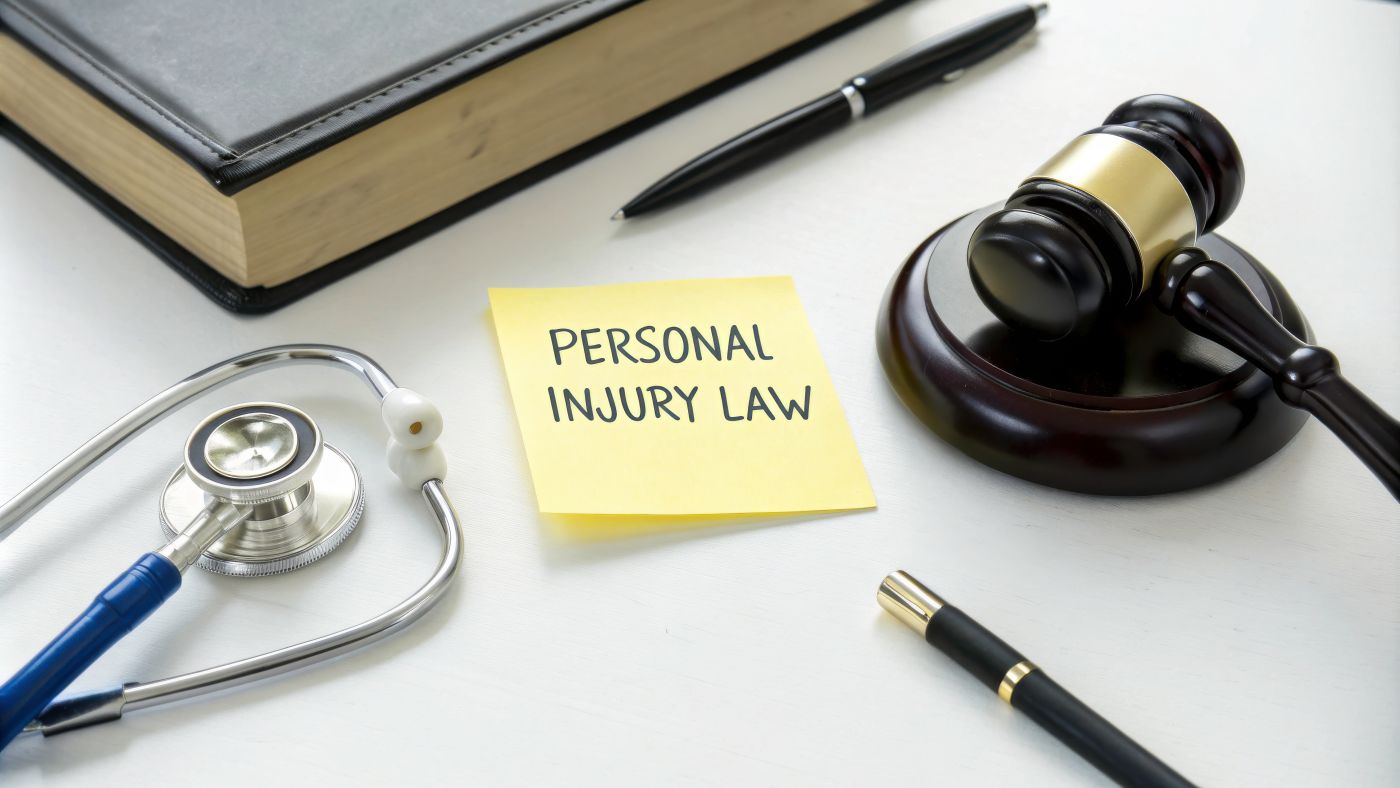Getting a call from a loved one asking to be bailed out can be a scary time for anyone. If you have the means to pay the full cash bond, you might want to consider doing so. But if you ever find yourself in a position where you are considering contacting a bail bondsman for help posting a bond, here are a few things you should know prior to making your decision.
What Are the Options?
Once arrested, that person has the option for paying what is required to get out of jail and await their court date, or post bail. Bail is money that a person, or those acting on a person’s behalf, pay to the court in exchange for the release of an individual who is awaiting trial. That money is returned when the case is over, or forfeited if that person misses scheduled hearings. There is often a list of standard bail amounts for misdemeanors and lesser felonies, so if the bail is paid immediately, the person in custody can be released right away. It is important to note that in some instances, the judge can apply that bail money to fines or restitution.
What Happens Once Arrested?
After being arrested, that person will likely be processed and sent to the local jail. They will wait in jail until their trial, unless one of four things happens:
That person, or someone on their behalf, gives the full bond amount to the court or jail
The person is able to secure release with collateral such as real estate or fixed assets
The person gets an attorney who works to get them released
The person contacts a bail bondsman
Whereas an attorney has lots of options available to them, the bail bondsman’s job is to negotiate pricing with the persons involved, and then give the court a surety bond to release the defendant. If the defendant is not able to make a court date, the bail bond agent has the authority to locate the defendant, detain, and surrender them to the court. Additionally, friends or family who cosigned the bail bond will be responsible for the amount, and any collateral used could risk liens or forfeiture.
What Other Factors Determine Bail?
The ability to get bail, and at what cost, is at its core determined by the extent to which that judge feels like the person in question is either a flight risk, or a danger to the community. The judge then factors in the circumstances of the case, such as if the person was arrested while already on bail or parole, if they have failed to appear in court before, or were arrested with weapons in their possession. Additionally, if the person might have immigration issues, or were arrested for a violent crime, that can also impact the judges decision.
What Are Bail Hearings?
A bail hearing is any court appearance where a person is formally asking for their release prior to their court date. This release can be granted or denied based on a range of factors, and sometimes it takes multiple attempts for a judge to decide to grant bail. At the bail hearing, the person in question will be able to have witnesses who can testify to their character and standing within the community. It is important to note that most judges will expect to be communicating directly with the person’s attorney, not the individual themselves.
Is It Better to Contact a Bail Bondsman or An Attorney?
Attorneys can work with the State on your behalf, file motions with the court to potentially waive or reduce bonds, and encourage the court to try other means or conditions of making sure you appear. Such options can be GPS home monitoring, court ordered drug patches, or treatment facility stays. The only way to know what all your options are is to contact an attorney experienced with what is available based on your loved one’s case.
It is often better to consider calling an attorney first, since attorneys have the ability to work with the state. For example, Section 21 of the Missouri Constitution prohibits the imposing of excessive bail, excessive fines, or cruel and unusual punishment. An attorney experienced in such matters can argue for more leniency in how the court deals with your loved one’s case. Do not leave anything to chance, or risk your assets when you may not have to. If you find yourself wondering what to do when you or someone you know is facing bond issues, contact Liberty Trial Law Group for an experienced perspective on what actions you should take next.



